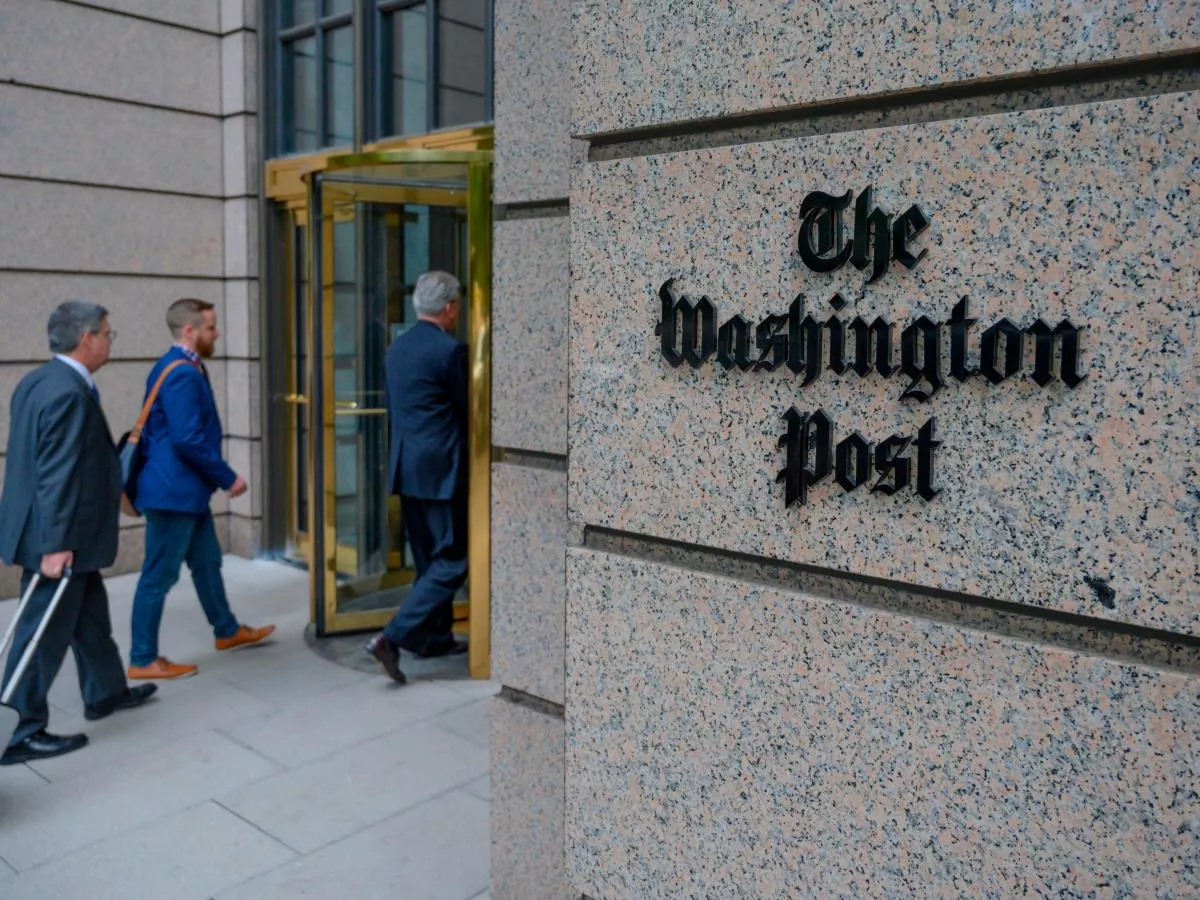Anti-Azerbaijani propaganda unravels The troubadours of lies
"There was no conversation between Vladimir Putin and Donald Trump, as recently reported by the Washington Post," Russian President Vladimir Putin's press secretary, Dmitry Peskov, stated on November 11, addressing claims made by Western media on the subject. The Washington Post, citing an unnamed "source," had provided "details" of a conversation that never occurred. According to their story, Trump supposedly had this conversation from his Florida resort, advising Putin not to escalate the war in Ukraine, while also reminding him of Washington's significant military presence in Europe. It has now been revealed that this wasn't merely a misinterpretation of an actual event. No, it was a blatant, fabricated lie—from start to finish.
It remains unclear whether those responsible for writing this falsehood will resign or if The Washington Post's management will offer an apology to its readers. However, this incident certainly leaves an indelible stain on the reputation of a publication once considered one of the most influential in the world—one that cannot easily be erased. This case serves as a reminder of the true worth of other "influential" foreign media outlets, which, in reality, do not hesitate to serve as loudspeakers for lies and absurdities.
A similar pattern has been evident in recent months as the 29th session of the UN Framework Convention on Climate Change (COP29) approaches. Smear campaigns against Azerbaijan are not new; similar tactics were used before the Eurovision Song Contest in Baku, before the inaugural European Games, and again when Baku hosted the UEFA Europa League final. During those events, thousands of false articles about Azerbaijan were published. The lies were as crude as those fabricated by The Washington Post journalists who invented the conversation between Trump and Putin. As expected, this same band of shameless liars has been mobilized once more, now with the directive to target Azerbaijan.

Blatant information provocations have been used, where the absence of legitimate grounds for criticism of the country has been filled with fabricated, simplistic "stories" fed to the public. Behind this campaign, the influence of the global Armenian diaspora is once again apparent, as it has long funded the efforts of writers willing to concoct narratives from thin air, including the fantasies of their clients, all in exchange for a prearranged fee.
Additionally, rumours were spread about alleged incidents, such as a supposed fire in the country during COP29. Numerous instances have been reported by foreign media, with stories such as someone "getting caught under a horse and escaping with only a minor scare." These articles, which began circulating in the lead-up to COP29, continue to be published and will likely keep appearing even after one of the most significant global events of the year concludes.
As we can see, all of this has turned out to be yet another example of what is known as "monkey work." Delegates from nearly 200 countries are arriving in Baku, including heads of state and government from over 100 nations. Many of them have already arrived in the capital and have been welcomed by the President of Azerbaijan, Ilham Aliyev. But what do we see? A gnashing of teeth from those who had hoped to disrupt the COP29 event using the media.

Now, these individuals are commissioning articles that count the number of those who did not visit Baku. And do you know what is the most immoral and absurd part? The authors of these articles highlight that Russian President Vladimir Putin did not attend the event in Baku. They fail to mention that the Russian delegation, led by Prime Minister Mikhail Mishustin, is more than substantial. Most importantly, they conveniently "forget" that Putin recently made a state visit to Baku, for which Azerbaijan was subjected to a barrage of criticism from these same foreign media outlets.
It would be pointless to suggest to the authors of these smear pieces that they either cover up their hypocrisy or show some integrity—they are accustomed to parading around without either. The response to them should be fittingly dismissive.








